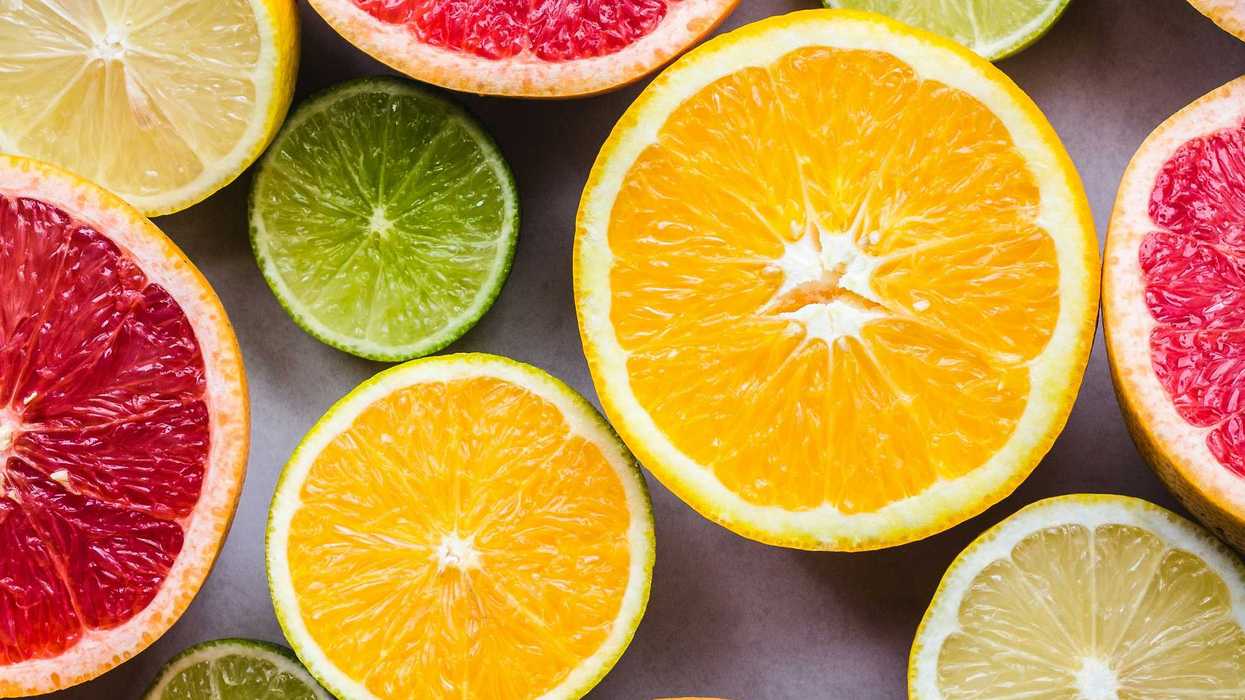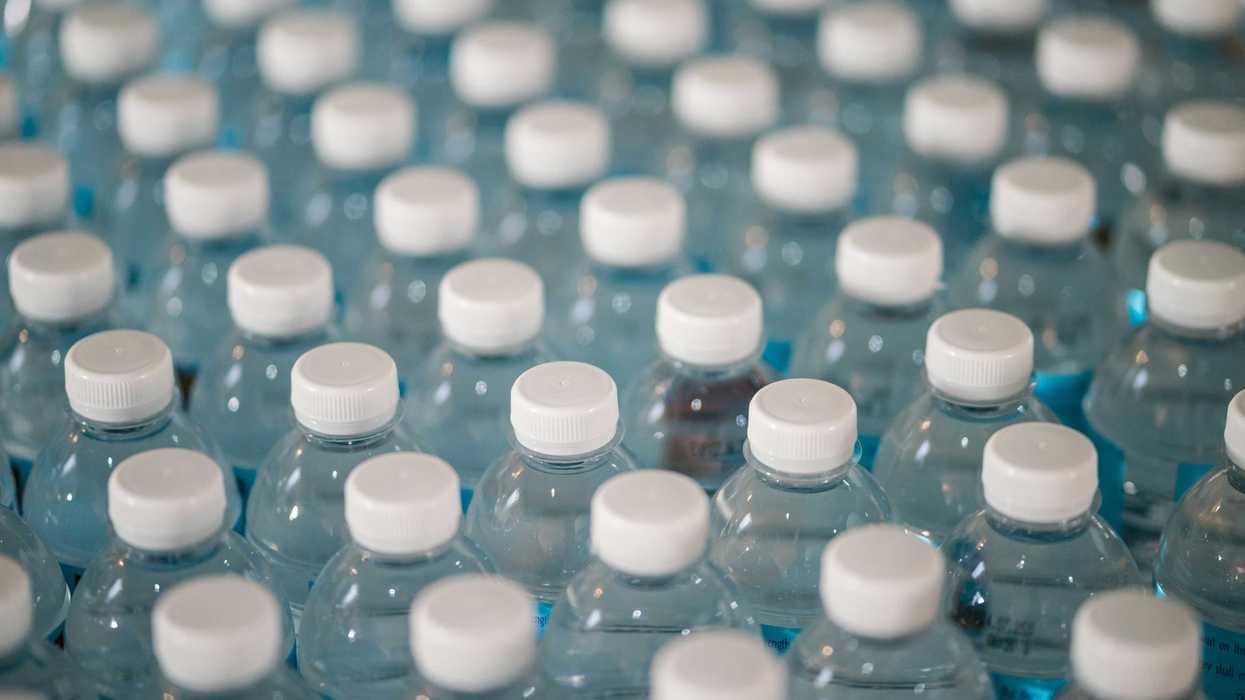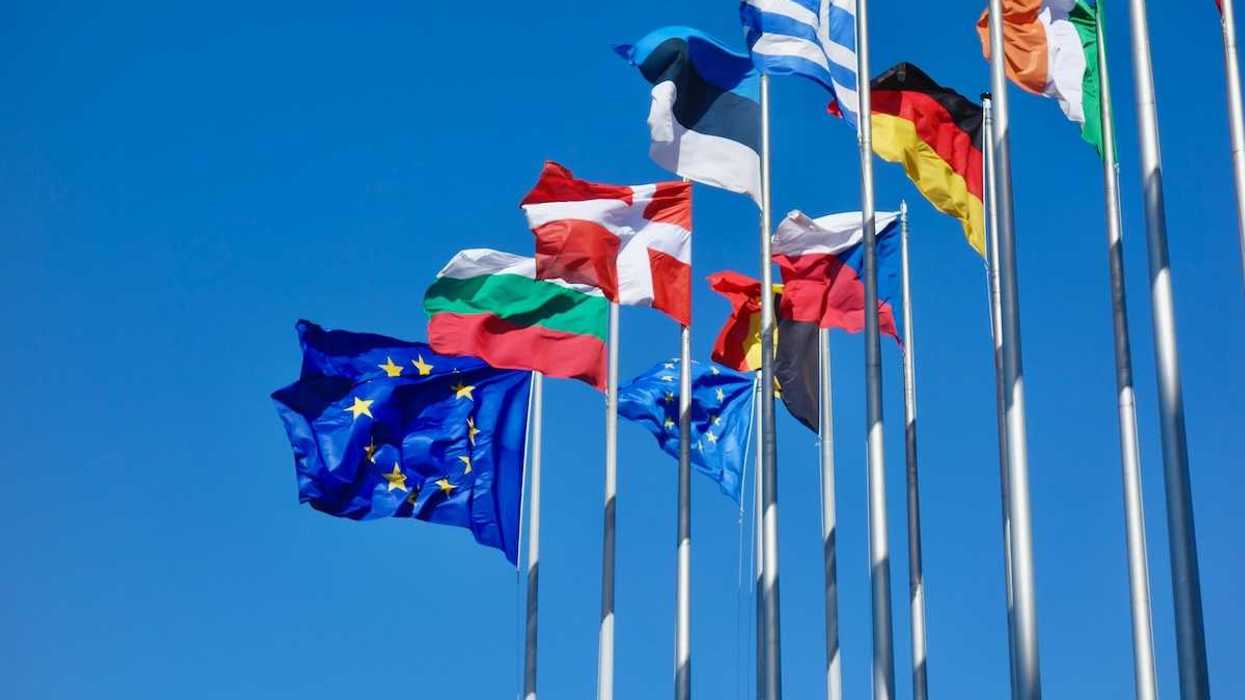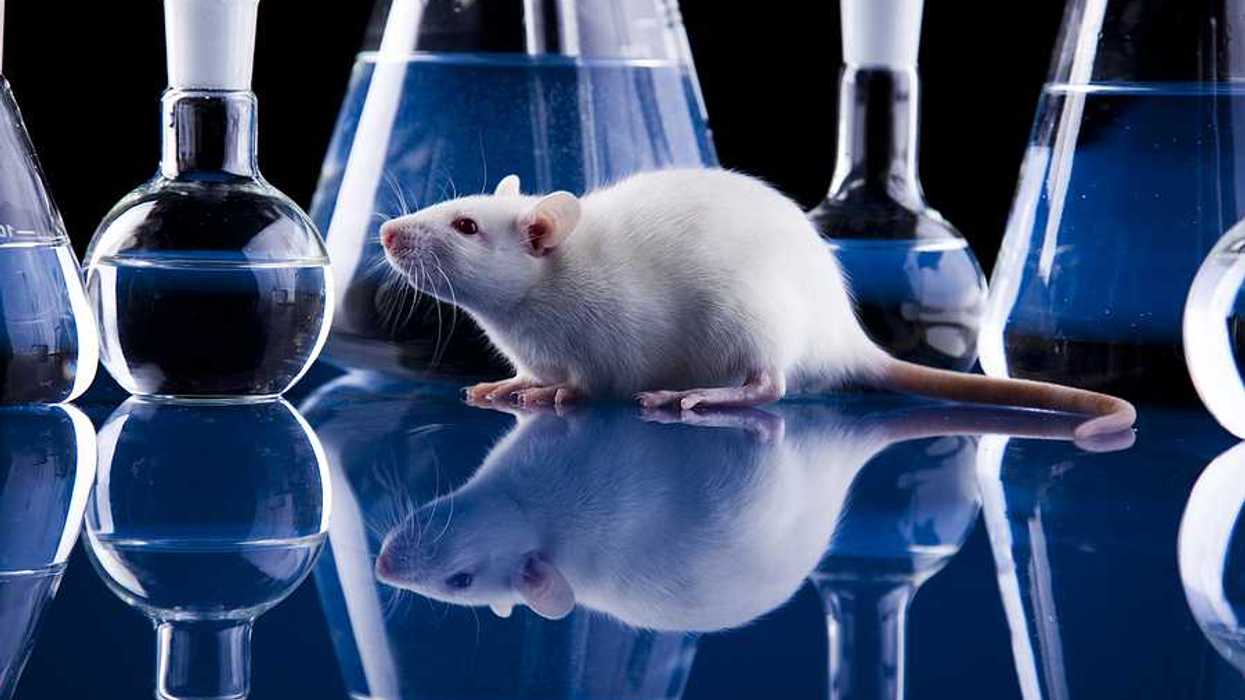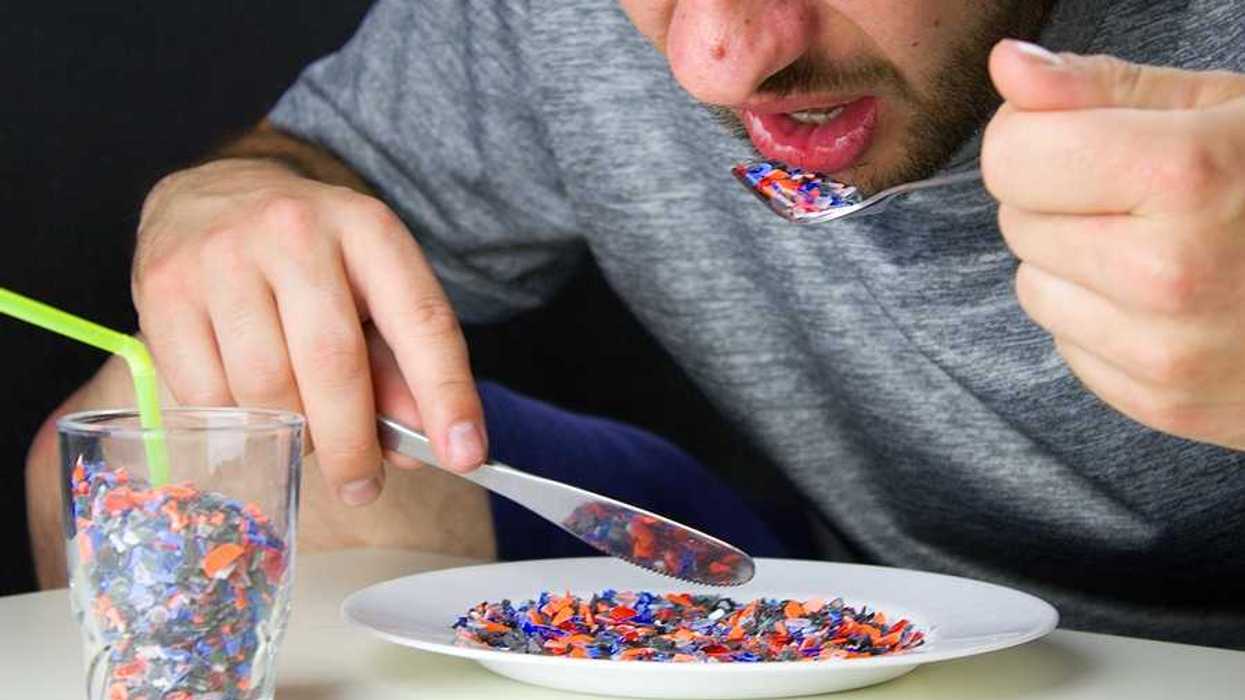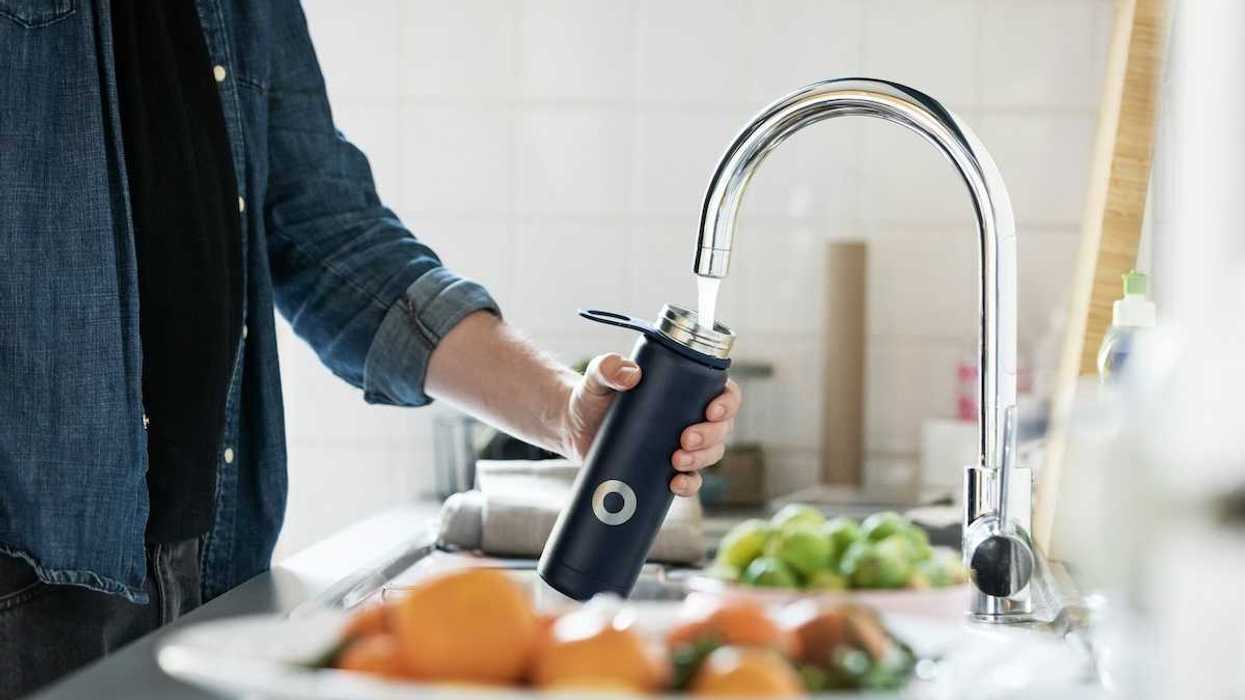A Berlin grocery store avoids single-use packaging, promoting reusable containers as a model to reduce waste.
Ajit Niranjan reports for The Guardian.
In short:
- Berlin's Samariter Unverpackt uses reusable containers for products like yogurt and grains, offering a waste reduction alternative.
- Germany's bottle deposit schemes for beverages are expanding to other food products, driven by a need to curb waste and pollution.
- EU targets aim to reduce packaging waste by 15% by 2040, but challenges in logistics and culture remain.
Key quote:
“The best packaging is the one you don’t produce.”
— Nathan Dufour, Zero Waste Europe
Why this matters:
Single-use plastics are a significant contributor to pollution. They often end up in oceans and rivers, harming marine life and disrupting ecosystems. Wildlife can ingest or become entangled in plastic waste, leading to injury or death. Plastic breaks down into microplastics, which permeate the food chain and the environment, causing long-term ecological damage. Reducing single-use packaging can significantly cut waste and pollution, protecting ecosystems and human health.




